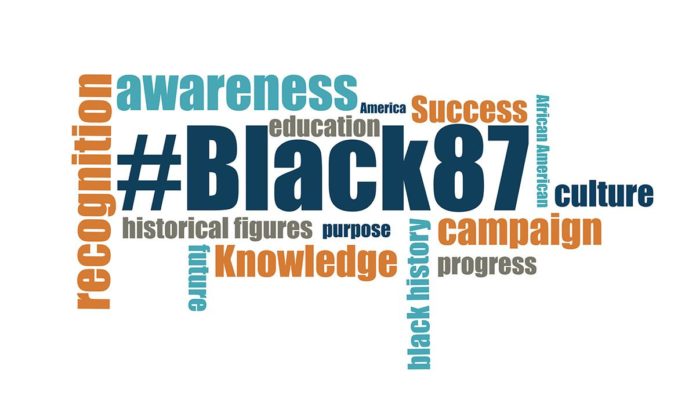KINGS Org. is a new organization on Slippery Rock’s campus that, according to senior liberal studies major and vice president Malcolm Roberson, is beneficial to all aspects of college life for young black men.
“It’s been challenging, being a new club for young black men on a predominantly white campus,” Roberson said. “But I have a strong executive board backing me, and you know what they say: ‘strong hands make light work.'”
Roberson said KINGS Org. is primarily a mentoring program, helping freshmen learn the ins and outs of college life by sponsoring events about black history and advocacy, as well as teaching life skills in a supportive environment.
“We hope to become a beacon in these young men’s lives, and help mold them,” Roberson said.
KINGS Org. uses the game of chess to represent the development and growth of these young men as they experience their first year of college. Roberson said the young men who join begin as pawns, and through the year, they make their way through the ranks: rooks, bishops and finally kings. As they progress and develop, they observe other ‘chess pieces’ and the ‘directions’ they take, similar to the various directions the different chess pieces take in the game.
Graduate assistant in Academic Services and one of the founders of KINGS Org. Dewayne Anderson said that while the primary purpose of KINGS Org. is a mentoring program, the group also advocates for awareness and education of black history and culture. Anderson attended Clarion University as an undergraduate student, and while he was there, there were 40 other black men in his freshman class. By the time he graduated, that number dropped to four. When he started looking at graduate schools, Anderson saw that Slippery Rock University had significantly fewer opportunities for young black men.
“There was a lack of faculty and campus leadership for young black men,” Anderson said. “I knew I had an obligation to create a safe haven and an organization to provide that leadership.”
KINGS Org.’s overall purpose is to increase retention of black men at SRU, as well as to provide educational programs like discussions about black history and informal life skills classes.
Anderson said he and the other founding members spent most of the spring of 2016 formulating a formal plan for beginning the club officially, and now that it’s established, he is honored and proud to have started the group.
“It’s really great seeing the development of the young men in the program,” Anderson said. “It’s self-fulfilling.”
During one of KINGS Org.’s monthly meetings, Roberson said the group was discussing a new campaign to bring awareness to the lack of education about black history in public education. Public relations major Kwame Vinson and treasurer Charles Bradley brought up the fact that, statistically, students are only taught about 13 percent of black history, and this campaign would bring attention to the other 87 percent. The club decided on #Black87 to represent the campaign.
“A majority of people have only learned about Rosa Parks, Martin Luther King Jr., sit-ins and slavery,” Roberson said. “Knowledge [of black history] is ever-growing, and this campaign is a step toward preventing ignorance.”
Roberson said the executive board has been attending meetings for other clubs like Black Action Society (BAS) and the Student Organization for Latinos, Hispanics and Allies (SOL) to educate their members about the #Black87 campaign and encourage them to participate.
“We post [an unknown] historical figure every day on Instagram with the hashtag,” Anderson said. “We want to let those figures get the recognition they deserve.”
One of the most recent figures KINGS Org. posted to their Instagram, @kingsorg, was Eugene Bullard, the world’s first black combat aviator who flew in French squadrons during the first World War.
While #Black87 was unveiled for Black History Month, Roberson said the group wants it to be an ongoing, continuous campaign to keep providing awareness and education of black history.
In the future, Anderson and Roberson agreed that KINGS Org. hopes to become more inclusive and make more connections with people and groups on campus, which will make for a stronger future.








